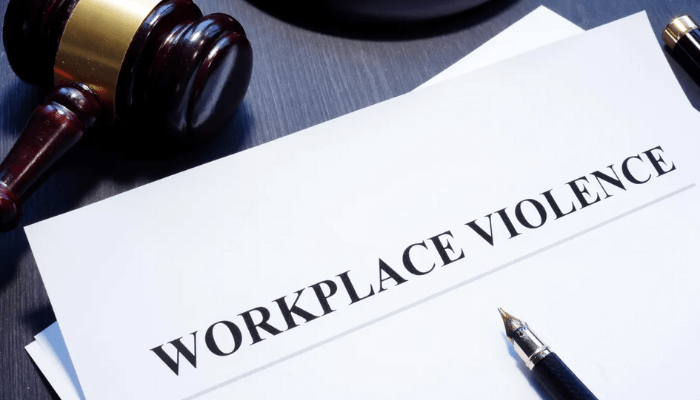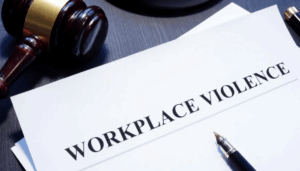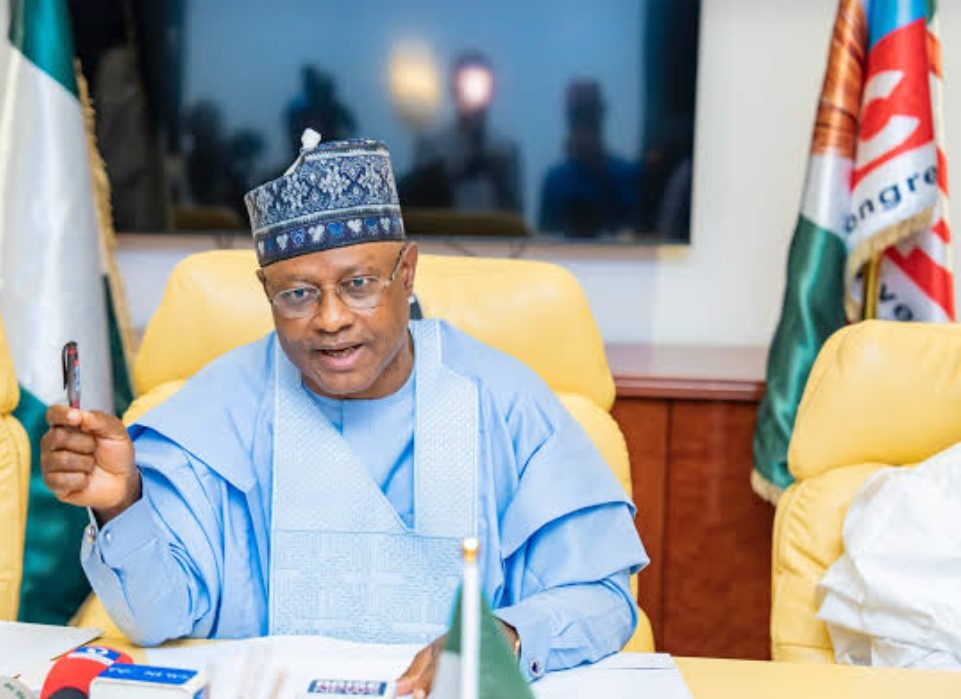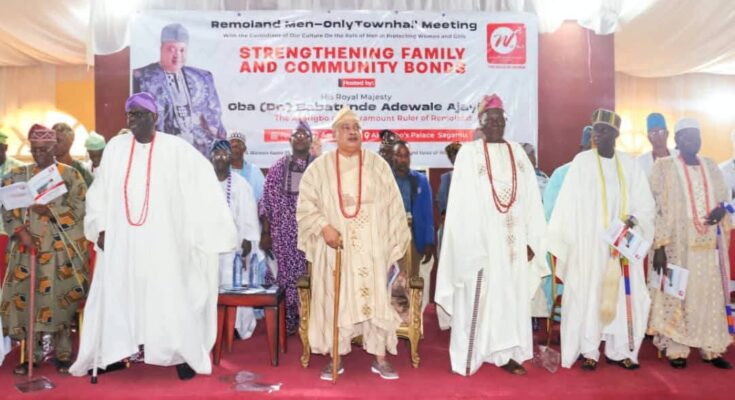
Nigeria needs coordinated action against gender-based, workplace violence – Stakeholders
- Gender
- No Comment
- 39

Stakeholders have called for coordinated action against workplace and gender-based violence in Nigeria, describing it as human rights violence and a threat to the economic well-being of victims.
Chinyere Almona, the director-general of the Lagos Chamber of Commerce and Industry (LCCI), one of the speakers at the workshop, decried the negative impacts of gender-based violence and harassment (GBVH) in workplaces and society to stem GBVH.
Almond believed that Nigeria must adopt a coordinated approach to addressing gender-based violence, just as she acknowledged Nigeria’s ratification of ILO Convention No. 190, a bold step that must be matched with critical reforms to achieve the level of success needed.
“Legislative reform is essential; national laws must be harmonised with Convention No. 190, and explicit workplace policies should be instituted to prohibit GBVH and establish clear reporting and disciplinary procedures.
She added that the successful elimination of GBVH in the workplace depended on the concerted efforts of all stakeholders, just as she urged the government to ensure that policy direction, resource allocation, and legislative action align with global standards.
Also speaking, Tunde Akanni, a professor of journalism at the Lagos State University (LASU), described workplace harassment as any unwelcome conduct that is offensive, humiliating, or intimidating, and creates a hostile work environment. These could come in form of sexual, verbal, physical, psychological, or cyberbullying, all of which, he explained, have negative impact on an organisation where the harassment occurred.
Adebola Akinwande, assistant director, corporate affairs and communications, Nigeria Employers’ Consultative Association (NECA), in her paper titled, “Gender equality and the workplace”, canvassed for gender equity, which is described as the process of being fair to males, females, boys and girls.
“Gender equity may involve the use of temporary special measures to compensate for historical or systemic bias or discrimination. It refers to differential treatment that is fair and positively addresses a bias or disadvantage that is due to gender roles or norms or differences between sexes.”
By Joshua Bassey
https://businessday.ng/news/article/nigeria-needs-coordinated-action-on-gender-based-workplace-violence-stakeholders/#google_vignette





